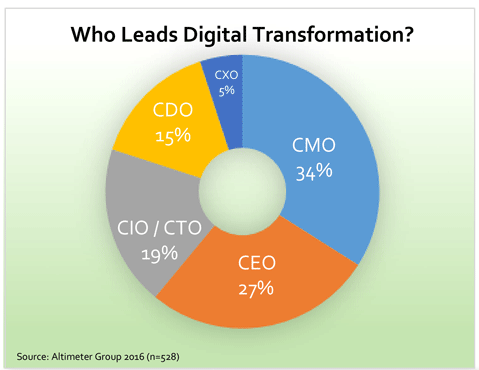Small business owners developing new and exciting Brands to bring to market, have an ownership which comes from being present not only at the launch of a brand and execution of a strategy, but at its very conception. “It’s our baby”
 As marketers, it is very easy for us to assume that we know what’s best for our clients.
As marketers, it is very easy for us to assume that we know what’s best for our clients.
I met an interesting gentleman from New York this week who is proposing to launch a range of artisan craft pickles into the UK, made using the finest carefully sourced ingredients and traditional salt-brining fermentation methods without the addition of vinegars associated with mass produced pickles.
These particular pickles are jewels to adorn any platter, or to be held aloft and admired before crunching through their delicious flesh, delivering a burst of salty joy alongside a refreshing craft ale.
And yes, of course, they can be used to invigorate the simplest of sandwiches.
Mr. Pickles then showed me some of his original home grown design ideas for his new brand – Quirky and authentic, the design draws cues from the traditional provenance and features a tongue-in-cheek black-&-white picture of the man himself holding up a large jar of his first ever production.
So, a great product with a charismatic brand owner and light-hearted, entertaining and engaging positioning, this could be a marketer’s dream brand to work with.
And then for the first time in our conversation, I saw his face fall. “Could you take a look at this for me?” he asked, It was a brand activation proposal from a marketing company he had been talking to.
Of course, I wasn’t present at the original briefing, and so much can be lost in translation, but it is quite clear that the presentation completely missed the point. Falling into the trap of rehashing a variety of PowerPoint slides, (and clearly from different presentations), I had lost interest within the first two pages. More fundamentally, the presentation focused completely on sandwiches in every shape and form and barely mentioned the hero of the piece, the beautiful pickle.
As marketers, it’s very easy for us to assume that we know what’s best for our clients. But it is essential that we recognise that our role as consultants is to help the business owners realise their dreams and passions for their brands. These individuals have an ownership which comes from being present not only at the launch of the brand and in the execution of the strategy, but a at its very conception. In very real terms “it’s their baby”.
Of course, it can be very useful to help identify a key usage occasion, and to focus on how the pickle can bring extra flavour to a boring sandwich occasion, but to fail to extol the virtues of said pickle, to fail to recognise that this is the hero that needs to be stood upon a pedestal, is completely underwhelming.
It’s no wonder that many businesses fail to recognise the benefits of employing experienced marketer to help them realise their dream, when the brand owners feel “they simply don’t get my brand”.
As marketers, we are passionate about the Brands that we work on,-it’s in our nature; but in the final analysis, we have to recognise that for our clients, it’s their baby and not ours.
Chris Collis is Managing Director of Marketing Walk Ltd, and proud parent of Elfie Drinks Co




